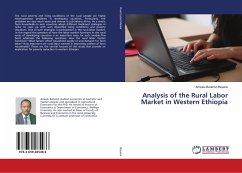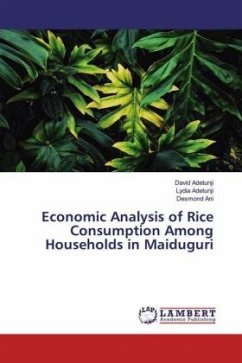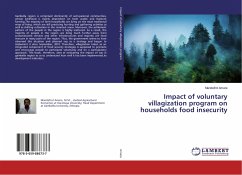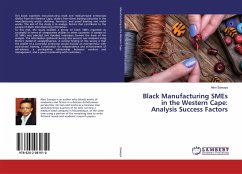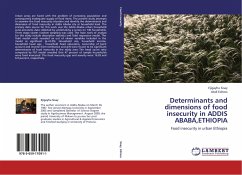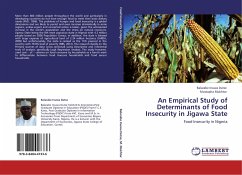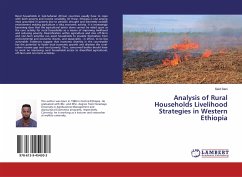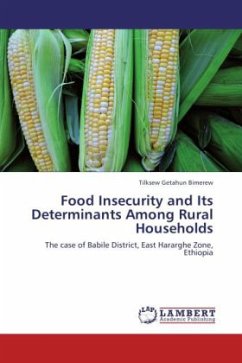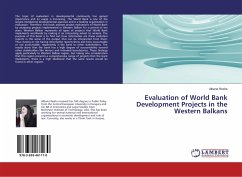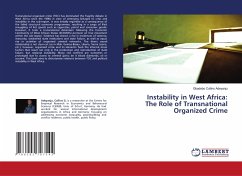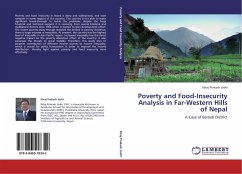
Poverty and Food-Insecurity Analysis in Far-Western Hills of Nepal
A Case of Baitadi District
Versandkostenfrei!
Versandfertig in 6-10 Tagen
39,99 €
inkl. MwSt.

PAYBACK Punkte
20 °P sammeln!
Poverty and food insecurity in Nepal is deep and widespread, and even rampant in some regions of the country. The country is not able to make significant break-through to tackle the problems, despite the huge financial and technical support it is receiving from several bilateral and multilateral donors since 1956 when it started its plan development effort. The recent poverty study though revealed the decline in poverty incidence, there is huge increase in inequality. At present, the country has the highest level of inequality in Asia Pacific region. Increased inequality has the direct negativ...
Poverty and food insecurity in Nepal is deep and widespread, and even rampant in some regions of the country. The country is not able to make significant break-through to tackle the problems, despite the huge financial and technical support it is receiving from several bilateral and multilateral donors since 1956 when it started its plan development effort. The recent poverty study though revealed the decline in poverty incidence, there is huge increase in inequality. At present, the country has the highest level of inequality in Asia Pacific region. Increased inequality has the direct negative impact on the poverty alleviation effort of the country. It also possesses the threats to social stability. Therefore, this study tries to pinpoint contribution of different income sources to income inequality, which is crucial for policy formulation in order to improve the income distribution; thereby fight against poverty and food insecurity more effectively.



